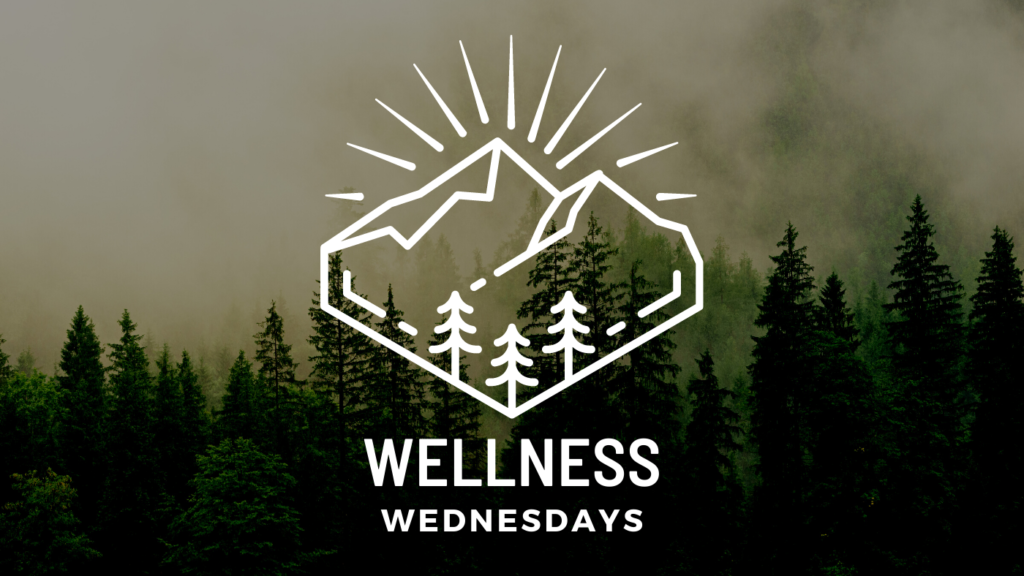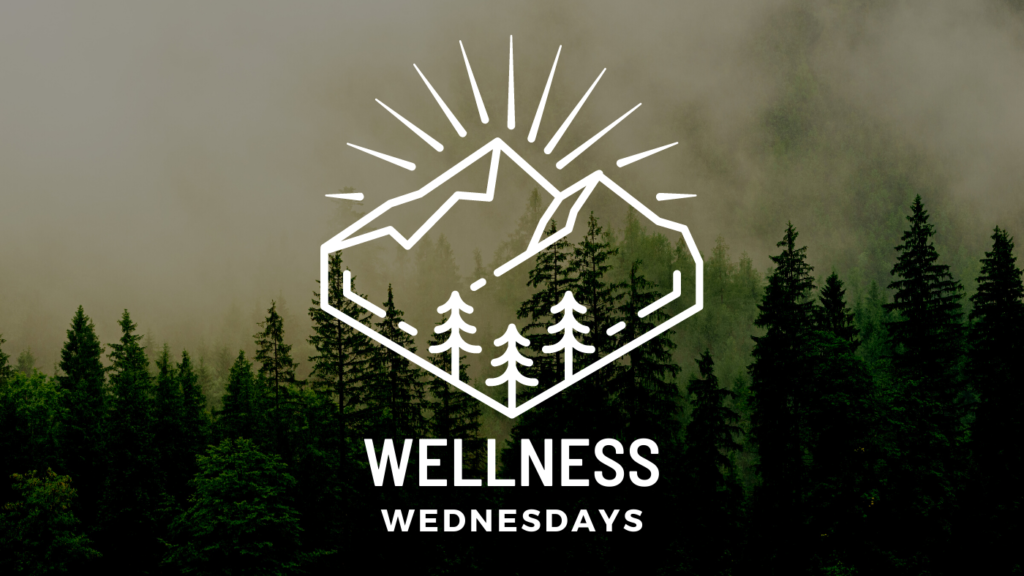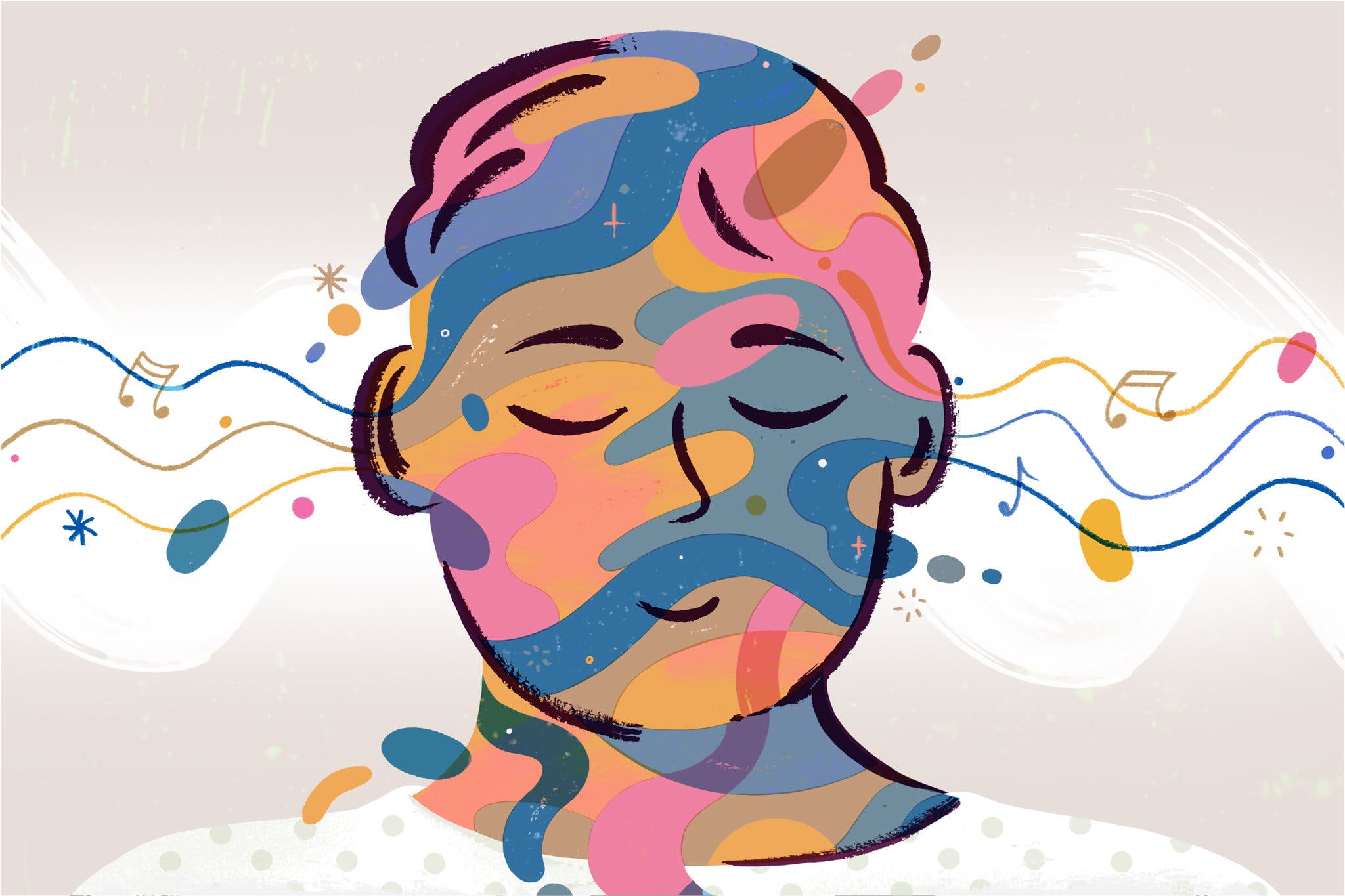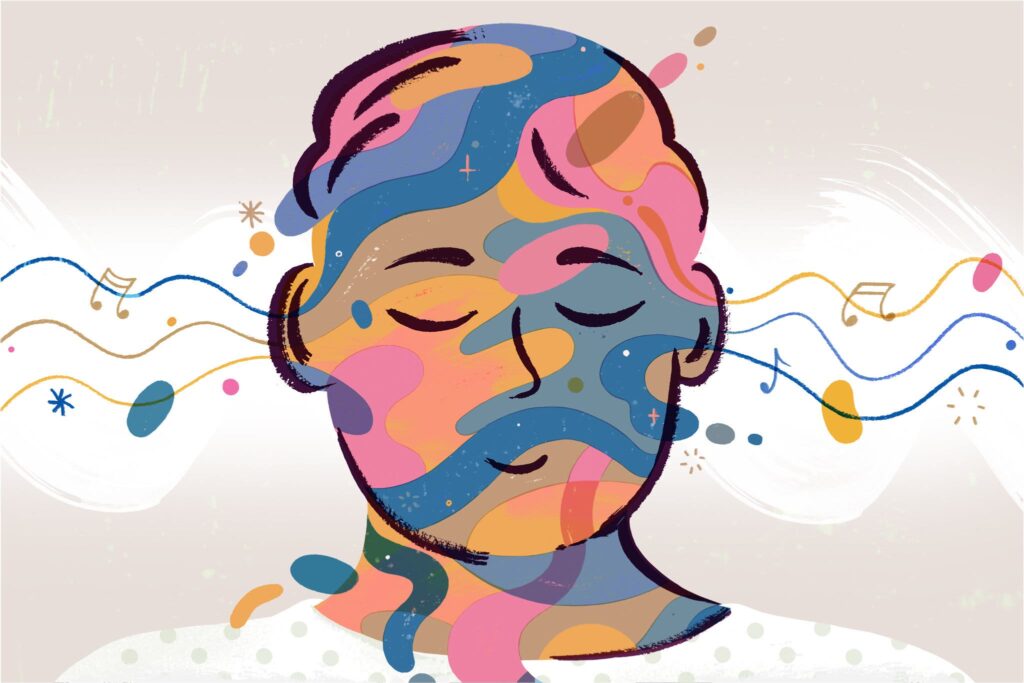
This week’s topic is Sound Healing and the Science Behind It.
I have said, that music is my religion, that when I attend a concert or music festival, that I feel at home, surrounded by a community that morphs in a way as a church.
Sound healing or sound healing therapy uses aspects of music to improve physical and emotional health and well-being. Although you can be treated in the experience with a trained practioners, many of us already understand and practice sound or music therapy on a regular basis.
Music therapy may involve:
- listening to music
- singing along to music
- moving to the beat of the music
- meditating
- playing an instrument
Healing with sound is believed to date back to ancient Greece, when music was used in an attempt to cure mental disorders. Throughout history, music has been used to boost morale in military troops, help people work faster and more productively, and even ward off evil spirits by chanting.
From a scientific perspective, sound is explained by two components: physical and psychological. The physics of sound describes the pressure changes that occur with the vibration of an object, which are then perceived by the outer and middle ear physiology. The psychology of sound is how we interpret each sound in the brain, which doesn’t only provide information about our environment but elicits emotions and feelings. This component is better known as psychoacoustics, and as this field rapidly expands, innovations in the auditory wellness space are sounding back.
According to Ilene S. Ruhoy, M.D., Ph.D., founder of the Center for Healing Neurology: Psychoacoustics is an exciting field that we are still learning a lot about. There is a connection between sound and health and sound and healing.” The mechanics of hearing are somewhat straightforward, “but what we hear and how we hear it and how we perceive sound is more complex,” she said. “Our bodies take in our surroundings. Our health is interconnected with our senses—one of which is hearing. The ability for air to conduct sound as well as bone to conduct sound shows the various means of entrance of our acoustic surroundings. I think the conduction of sound into the brain and throughout our body holds some great promise.” So what happens to our well-being when we start playing with our senses?
Sounds effect each of us uniquely, our reaction to certain sounds even songs, can ignite specific memories and events throughout our lives.
Music therapy and Alzheimer’s
According to Dr. Jonathan Graff-Radford, M.D. of the Mayo Clinic
Research suggests that listening to or singing songs can provide emotional and behavioral benefits for people with Alzheimer’s disease and other types of dementia. Musical memories are often preserved in Alzheimer’s disease because key brain areas linked to musical memory are relatively undamaged by the disease.
For example, music can:
- Relieve stress
- Reduce anxiety and depression
- Reduce agitation
Music can also benefit caregivers by reducing anxiety and distress, lightening the mood, and providing a way to connect with loved ones who have Alzheimer’s disease — especially those who have difficulty communicating.
If you’d like to use music to help a loved one who has Alzheimer’s disease, consider these tips:
- Think about your loved one’s preferences.What kind of music does your loved one enjoy? What music evokes memories of happy times in his or her life? Involve family and friends by asking them to suggest songs or make playlists.
- Set the mood.To calm your loved one during mealtime or a morning hygiene routine, play music or sing a song that’s soothing. When you’d like to boost your loved one’s mood, use more upbeat or faster paced music.
- Avoid overstimulation.When playing music, eliminate competing noises. Turn off the TV. Shut the door. Set the volume based on your loved one’s hearing ability. Opt for music that isn’t interrupted by commercials, which can cause confusion.
- Encourage movement.Help your loved one to clap along or tap his or her feet to the beat. If possible, consider dancing with your loved one.
- Sing along.Singing along to music together with your loved one can boost the mood and enhance your relationship. Some early studies also suggest musical memory functions differently than other types of memory, and singing can help stimulate unique memories.
- Pay attention to your loved one’s response.If your loved one seems to enjoy particular songs, play them often. If your loved one reacts negatively to a particular song or type of music, choose something else.
Keep in mind that music might not affect your loved one’s cognitive status or quality of life. Further research to better understand the precise effects of music and Alzheimer’s disease is needed.
Personally, I listen to music daily, to set my mood, energize me, or to help me chill out. Recently, we had to replace the speakers in our FJ Cruiser because – well we’ll never be too old so it’ll never be too loud!
TASK
For this week’s task, dive deep into your past and chose a song or piece of music that brought you joy, chose another that made you dance like no one was watching, chose another one that made you cry, chose one that fills your heart with love and peace. If you have trouble falling asleep, create a playlist of songs that help you relax.
Wellness Wednesday is brought to you by Peak Experience. Peak Experience is a company located in Alaska, servicing the entire Pacific Northwest and more. First and foremost we want to help you reach your goals. No goals are too small or too large. We know how to help you set up the right steps to get on that track and keep chugging away eventually reaching that original goal and beyond.
Remember to hit that subscribe button so you can listen every Wednesday.
I am Michele Forto for the Peak Experience Podcast on First Paw Media. See you next time.

Lorem ipsum dolor sit amet, consectetur adipiscing elit. Ut elit tellus, luctus nec ullamcorper mattis, pulvinar dapibus leo.
Robert Forto leaddog@teamineka.com @robertforto
TJ Miller tjmiller@alaska.edu @tjmillerak
Michele Forto micheleforto@gmail.com @micheleforto
Peak Experience is a leadership podcast from Dreamchaser Leadership and First Paw Media. The reporting and production is funded in part by listeners just like you. Dreamchaser Leadership is a non-profit organization located in Alaska is a (pending) 501(3)c.
Don’t miss our next podcast
Enter your email below to receive notifications of new episodes and more.


